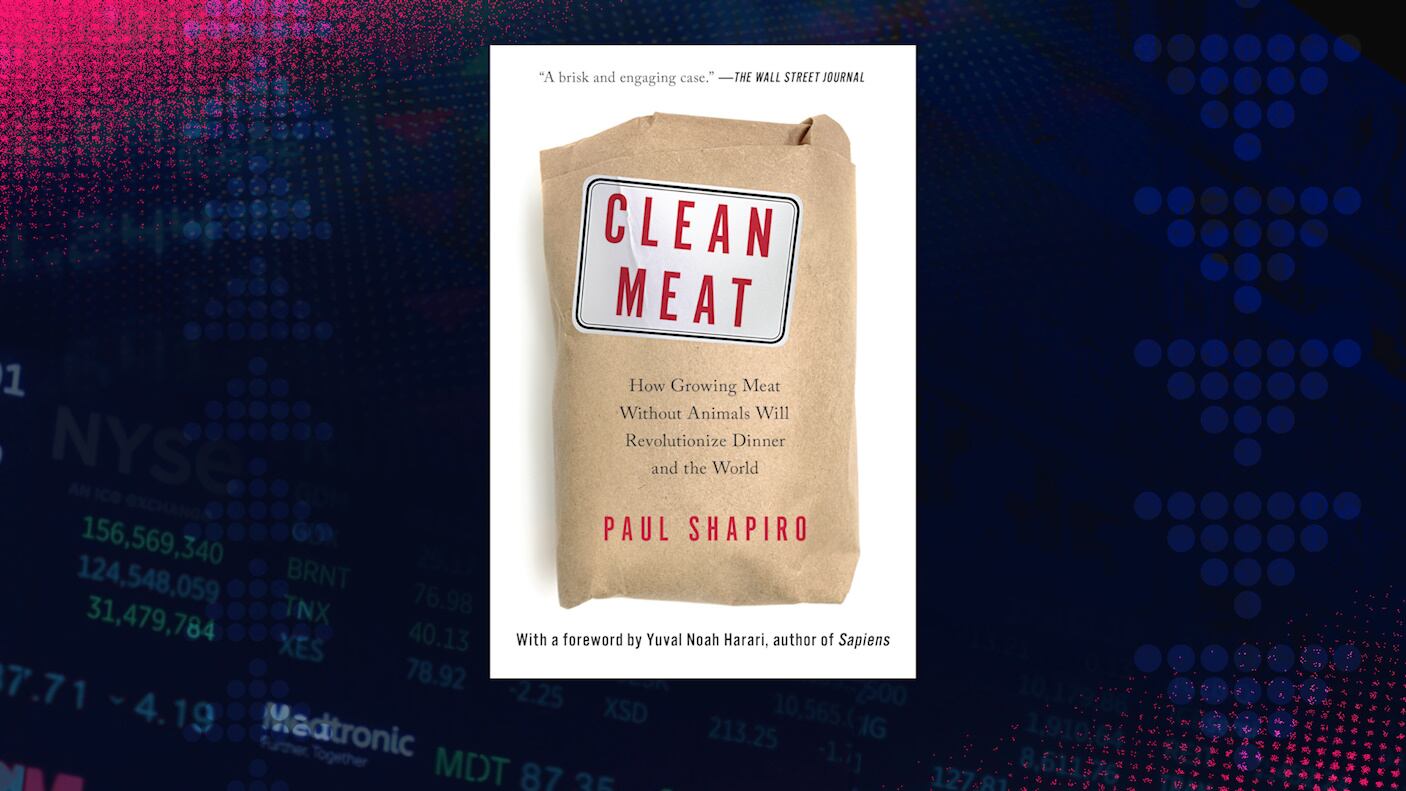By Stan Choe
Stocks are holding relatively steady Wednesday as Wall Street bides its time until the Federal Reserve’s announcement in the afternoon about whether it will tighten the screws further on the economy.
The S&P 500 was 0.1% lower in early trading. It’s coming off its first back-to-back gain in two weeks, before the second- and third-largest U.S. bank failures in history threw the industry into turmoil.
The Dow Jones Industrial Average was down 27 points, or 0.1%, at 32,533, as of 9:40 a.m. Eastern time, while the Nasdaq composite was 0.1% lower.
The Fed is stuck with a difficult decision: whether to keep hiking interest rates to drive down inflation or to ease off the increases given the pain it’s already caused for banks, which could drag down the rest of the economy.
A few weeks ago, much of Wall Street was convinced the Fed would pick up the pace on rate hikes given how stubbornly high inflation has remained. The bet was for the Fed to raise rates by 0.50 percentage points Wednesday, up from its prior hike of 0.25 points.
Higher rates can undercut inflation by slowing the economy. But they raise the risk of a recession later on, and they also hurt prices for stocks and other investments. That latter factor was one of the reasons for the collapse of Silicon Valley Bank two weeks ago. Its bond investments fell in price as the Fed jacked up rates over the last year at the fastest pace in decades.
Silicon Valley Bank also suffered from what’s called a bank run, where its customers began pulling money out at the same time in a debilitating cascade. Since then, investors have been hunting for what bank may be next to fall, and regulators around the world have been trying to strengthen confidence in the industry.
Much of Wall Street's focus has been on First Republic Bank, which fell 3.4% after rising a day earlier. PacWest Bancorp. fell 7.9% despite saying it has “stabilized deposit balances.”
Because of all the turmoil, Wall Street is now largely betting the Fed will raise rates by just 0.25 points this afternoon. A minority are even guessing it may hold rates steady.
A worry is that too much pressure on the banking system, particularly among the smaller and mid-sized banks at the center of investors’ crosshairs, would mean fewer loans to companies across the country. That in turn could mean less hiring and less economic activity, raising the risk of a recession that many economists already see as high.
Besides its latest move on rates, the Fed this afternoon will also release its latest projections for where inflation, the job market and interest rates are heading in future years.
Related: GameStop Leads Meme Stock Rally in Pandemic Trade Comeback
Last week, the European Central Bank pushed through a hefty hike to its key rate, despite speculation that it may ratchet back given all the banking woes.
Its president, Christine Lagarde, said Wednesday the path remains remarkably open and that it could raise rates further or halt depending on how conditions evolve.
What makes the decision so tough for central banks is how strong inflation has remained despite drastic increases to interest rates. It’s come down since last summer, but it’s still painfully hot and hurts people at the lowest incomes the most.
In the U.K., a report showed that inflation accelerated for the first time in four months in February. That adds pressure on the Bank of England before its decision on rates Thursday.
Markets around the world have pinballed sharply this month on worries the banking system may be cracking under the pressure of much higher rates. They found some strength recently after U.S. Treasury Secretary Janet Yellen indicated the government may back depositors at more weakened banks if the system is at risk.
That could mean making sure even customers with more than the $250,000 limit insured by the Federal Deposit Insurance Corp. can get all their money. Across the Atlantic, regulators also pushed a deal for one Swiss banking giant to buy its troubled rival.
On Wall Street, some of the biggest excitement was around what are called “meme stocks.”
GameStop shot up 34.8% after it reported a surprise profit for its latest quarter. Analysts were expecting another loss for the struggling video-game retailer.
The stock rocked Wall Street in early 2021 when hordes of smaller-pocketed and novice investors piled into it, sending its price surging and inflicting big losses on hedge funds that had bet on its decline.
In the bond market, yields were rising or holding steady following their steep slide from earlier this month. It’s been home to some of the wildest action since the banking crisis flared, as traders moved dollars in search of safety and in anticipation of a less strict Fed.
The yield on the two-year Treasury rose to 4.21% from 4.18% late Tuesday. It was above 5% early this month.
AP Business Writers Elaine Kurtenbach and Matt Ott contributed.
Related: Inflation Pushes Consumers to Use 'Buy Now Pay Later' for Groceries












